In the journey of breastfeeding, it always takes two. Breastfeeding is an experience that both mum and her bub learn together after birth. We know that it may feel difficult or even painful at the start, but we are here to reassure you that it is normal to take some time to feel comfortable. In between building your milk supply, your bub's changing need to feed, and learning to latch on to you, it is all part of giving your baby the benefits of breastfeeding to support growth and development. Below you'll learn more about overcoming breastfeeding challenges and how to ease the aches and pains. With a bit of patience, practice, and support from your healthcare professionals, we know you've got this, mum!
Quick Summary:
- Breastfeeding usually gets easier after the first six weeks.[3]
- The most difficult times to breastfeed are the first few days after birth, the 3 to 6-month week, and teething time.
- Learning to combine breastfeeding and pumping can help with your milk supply and ensure your bub gets the nutrition they need.
Embracing the Ups and Downs of Breastfeeding
Though breastfeeding is a natural process, it can be incredibly challenging for many mums. From latching issues to low milk supply, there can be various hurdles along the way.7 However, it is important to remember that perseverance and seeking support can make all the difference. In time, both you and your bub can learn to navigate this beautiful journey together. And while it may not be an easy path, the rewards of providing optimal nutrition and creating a unique bond with your little one are absolutely worth it.
When Is Breastfeeding the Hardest?
If you are experiencing difficulty in breastfeeding, you're not alone, mum! Every woman's breastfeeding journey is unique and may come with its own challenges. Factors such as latching issues, low breast milk supply, and establishing pumping schedules can contribute to these.[4]

With that said, breastfeeding can be challenging at any stage, but there are certain times when it is particularly difficult:
- Your first days of breastfeeding: The first few days can be tough. Mums may experience nipple soreness and engorgement during this time which can make nursing uncomfortable.
- The 3 to 6 week mark: In between these times, many babies go through a growth spurt.[2] They may feed between every two to three hours as you are building your milk supply. They may also become fussier and demand more frequent feedings. Learning to combine breastfeeding and pumping at this time may help in regulating your feeding schedule and allow you to build your milk supply in times you are on-the-go.
- Teething time: When teething begins, your baby may feel uncomfortable to feed. Because of this babies tend to reposition themselves when feeding to avoid hitting their sore gums.[1]
Breastfeeding can require planning and coordination, especially for feeding times. But despite the challenges, many mums can overcome them and continue to breastfeed successfully. Always know you can find support from healthcare professionals, lactation consultants[4], and other experienced mums who can help you find solutions and ensure that your baby gets enough milk for proper nourishment.
How Long Does It Take for Breasts to Adjust to Breastfeeding?
The time it takes for breasts to adjust to breastfeeding can vary greatly from one mum to another. Some may find their breasts acclimating well within a couple of weeks, while others may take several months. Initially, a woman's breasts may feel engorged and tender as they begin to produce milk.

Over time, the breasts adjust to the baby's feeding pattern and regulate the amount of milk needed. To make the adjusting period easier, it is important to establish a regular feeding routine. Some mums learn how to combine breastfeeding and pumping, this may help establish a regular feeding schedule and ready your breastmilk supply at your convenience. Seeking advice from a lactation consultant can also provide valuable guidance and support during this time.[4]
Related: Can You Get Botox While Breastfeeding?
Why Does Breastfeeding Get Easier After Six Weeks?
If you have made it this far in your breastfeeding journey, congratulations! You've worked hard and overcome the challenges in this amazing chapter. Now, you're probably wondering why it gets easier after this time.
Firstly, your body and your bub have been in a steep learning curve! By this time, you've established a breastfeeding and pumping schedule and your little one has mastered the art of latching that allows for more efficient feeding times. Your milk supply has become more regulated, reducing issues like engorgement or excessive leaking. Both of you are more comfortable and confident in this beautiful, nourishing experience. So, keep going, mum! The rewards of breastfeeding will only continue to grow as the weeks go on.
At What Age Do Babies Get More Efficient at Breastfeeding?
Babies typically have a better grasp at breastfeeding as they get older and gain more experience. In their first few weeks, newborns may struggle to get a good latch and may take longer to feed. However, by around 6 to 8 weeks of age, most babies have mastered the skills necessary for efficient breastfeeding. They become better at latching onto the breast, sucking and swallowing, and extracting milk better. The time it takes for a baby to breastfeed also tends to decrease as they become more skilled, making feedings quicker. However, it is important to remember that every breastfed baby is different, and some may become more efficient at breastfeeding earlier or later than others.

What if Breastfeeding Doesn’t Get Easier?
- Seek support from a lactation consultant or breastfeeding support group.[4] They can provide guidance, tips, and troubleshoot any problems you may be experiencing.
- Open yourself up to learn what other mums experienced. Reaching out to other mums who have gone through similar challenges can provide a sense of understanding and encouragement.
- Do what works for you. Don't be afraid to explore different techniques, positions, or even consider alternative feeding methods if necessary.[5] The most important thing is to do what feels right for you and your baby's well-being. Remember that every mum’s breastfeeding journey is different and there is no one-size-fits-all solution.
- Combine breastfeeding and pumping. Breast pumps can definitely make breastfeeding easier for mums. They provide a convenient way to express and store breast milk for later use. If a mum is experiencing trouble with milk supply, breast pumps can help stimulate and increase milk production. Additionally, pumping also allows other family members to help feedings, giving mum a much-needed break. Having a pumping schedule ensures that the baby will always have enough milk, even if mum might not be able to breastfeed directly. Breast pumps can be a beneficial tool in making breastfeeding more manageable and successful.
Related Articles:
How to Combine Breastfeeding and Pumping?
How to Ease Breastfeeding Pain?
We know breastfeeding is a beautiful and natural way to bond with your bub, but we understand that it can also come with its fair share of pain and discomfort. Here are 5 tips that can help you ease breastfeeding pain at home:
- Ensure that your baby is latching on correctly. A poor latch can lead to sore nipples and increased pain.[5]
- Try different breastfeeding positions. Try to find one that feels most comfortable for you and your little one. Experiment with different angles and pillows for support.[5]
- Stay moisturised. Apply lanolin cream or nipple balm after each feeding to soothe and protect your nipples.[5]
- A warm towel or warm shower goes a long way. Warmth can help relieve engorgement or soreness. Cover your breasts with warm towels or take a warm shower before breastfeeding to feel more comfortable.[6]
- Stay healthy and well-rested. Breastfeeding can be physically demanding. Be sure to take care of yourself by getting enough rest and staying hydrated. It's important to prioritize self-care to reduce pain and have a healthy breastfeeding experience.
FAQ
We know that breastfeeding can bring even more questions especially if you are a new mum going through this the first time. Here are some questions that are often asked.
Does Breastfeeding Get Easier as the Baby Gets Bigger?
Breastfeeding may seem challenging at first, but don't give up! It will get easier after the first six weeks.2 You and your little one will become more familiar with the breastfeeding process and find a rhythm that works for both of you. As your baby grows, your milk supply will be more regulated and aches and pains like sore nipples and engorgement tend to subside making feeding times more comfortable.
What Is the 3 Month Breastfeeding Crisis?
The 3-month breastfeeding crisis refers to a common phenomenon that occurs around the three-month mark of breastfeeding. Many mums experience challenges such as decreased milk supply, fussy feeding behaviours, and difficulties in latching properly. It can feel frustrating, but rest assured it is a normal occurrence and can be attributed to various factors such as hormonal changes in the mum's body and the baby's first awareness of the outside world. Mums can seek support and guidance in this time as there are various strategies and techniques that can help overcome these challenges and continue successful breastfeeding.
When Is the Hardest Month of Breastfeeding?
The hardest month of breastfeeding is often the first month after giving birth. Both you and your little one are adjusting to the breastfeeding routine. For a newborn, it can be difficult to latch on properly while mum would also have to balance between fixing feeding schedules and adjusting to the changes in her body. Additionally, new mums may face challenges with producing enough milk which is a common concern for many mums who worry about their milk supply.
The demand for breast milk is high in the first month, and it may take some time for the body to adjust and produce an adequate amount. All of these combined can make the first month of breastfeeding a challenging and overwhelming experience. However, with support, patience, and education, many mums can overcome these obstacles and continue breastfeeding successfully.
Your Breastfeeding Journey Will Always Be Worthwhile
Breastfeeding can be quite an experience for you and your bub, but needless to say, it is still a beautiful one. From learning to latch on to soothing aches and breast pains, every challenge comes with ways to overcome them. What matters is taking care of your health and ensuring that your bub gets enough nutrition to grow healthy. Always do what works for you and your little one, even if it means asking for support or learning to combine breastfeeding with wearable breast pumps to ensure milk supply that's ready even when you're on-the-go. You got this, mum!
References:
- https://wicbreastfeeding.fns.usda.gov/breastfeeding-your-teething-baby
- https://www.letstalkbirthandbaby.co.uk/blog-posts/when-does-breastfeeding-get-easier
- https://www.medela.com/breastfeeding/mums-journey/support-first-month
- https://www.urban-hatch.com/when-breastfeeding-doesnt-work-out-say-goodbye-to-the-guilt/
- https://www.healthline.com/health/parenting/sore-nipple-breastfeeding#moisturize
- https://www.osfhealthcare.org/blog/6-tips-to-treat-breast-engorgement-while-breastfeeding/
- https://wicbreastfeeding.fns.usda.gov/breastfeeding-your-teething-baby



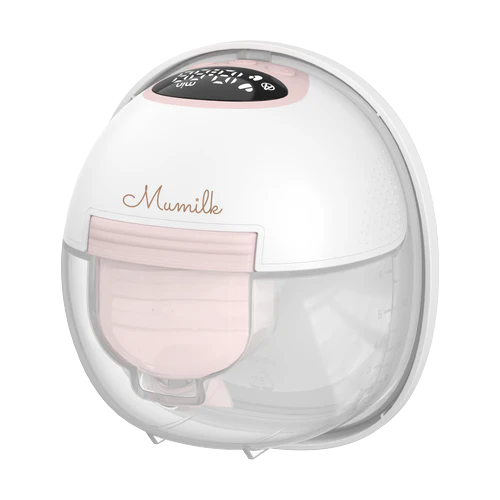
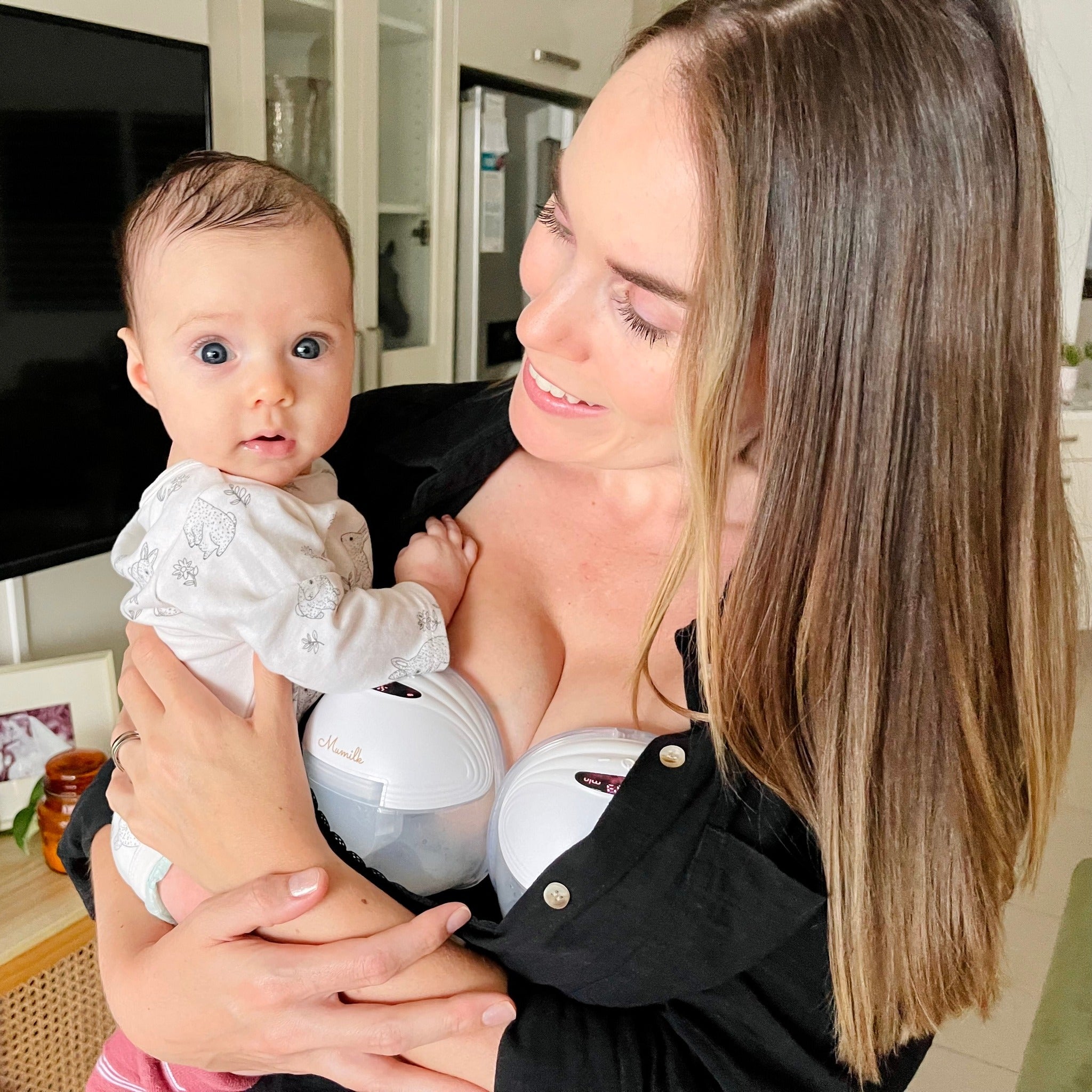
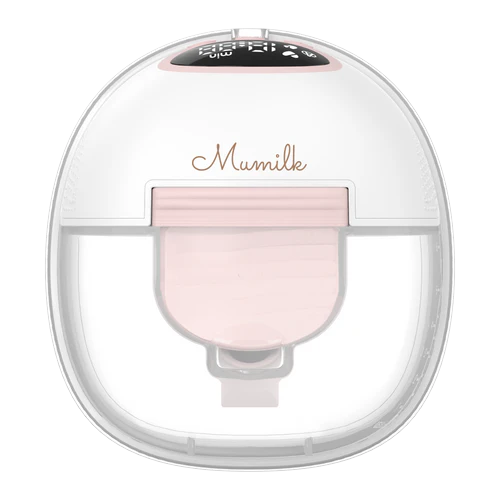
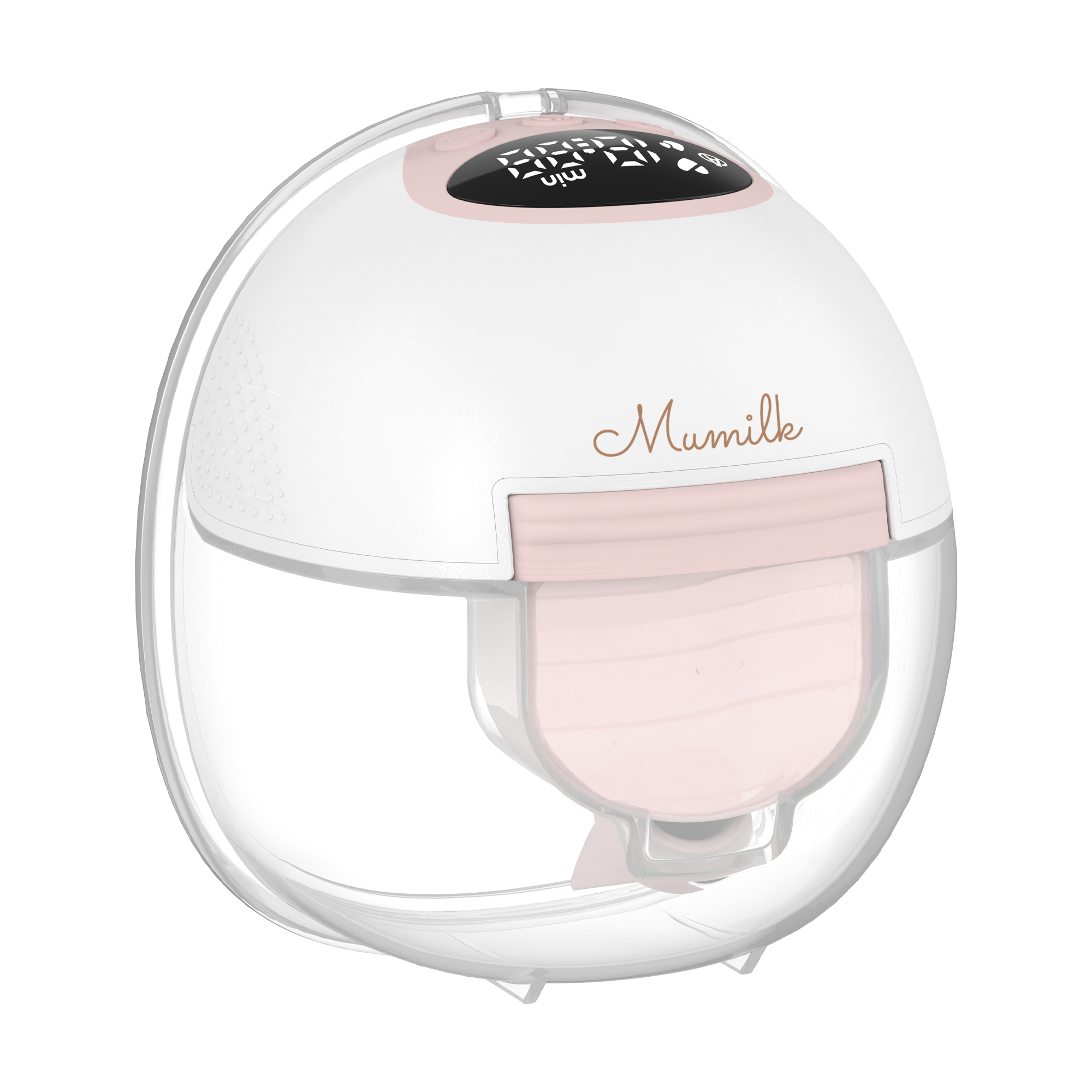
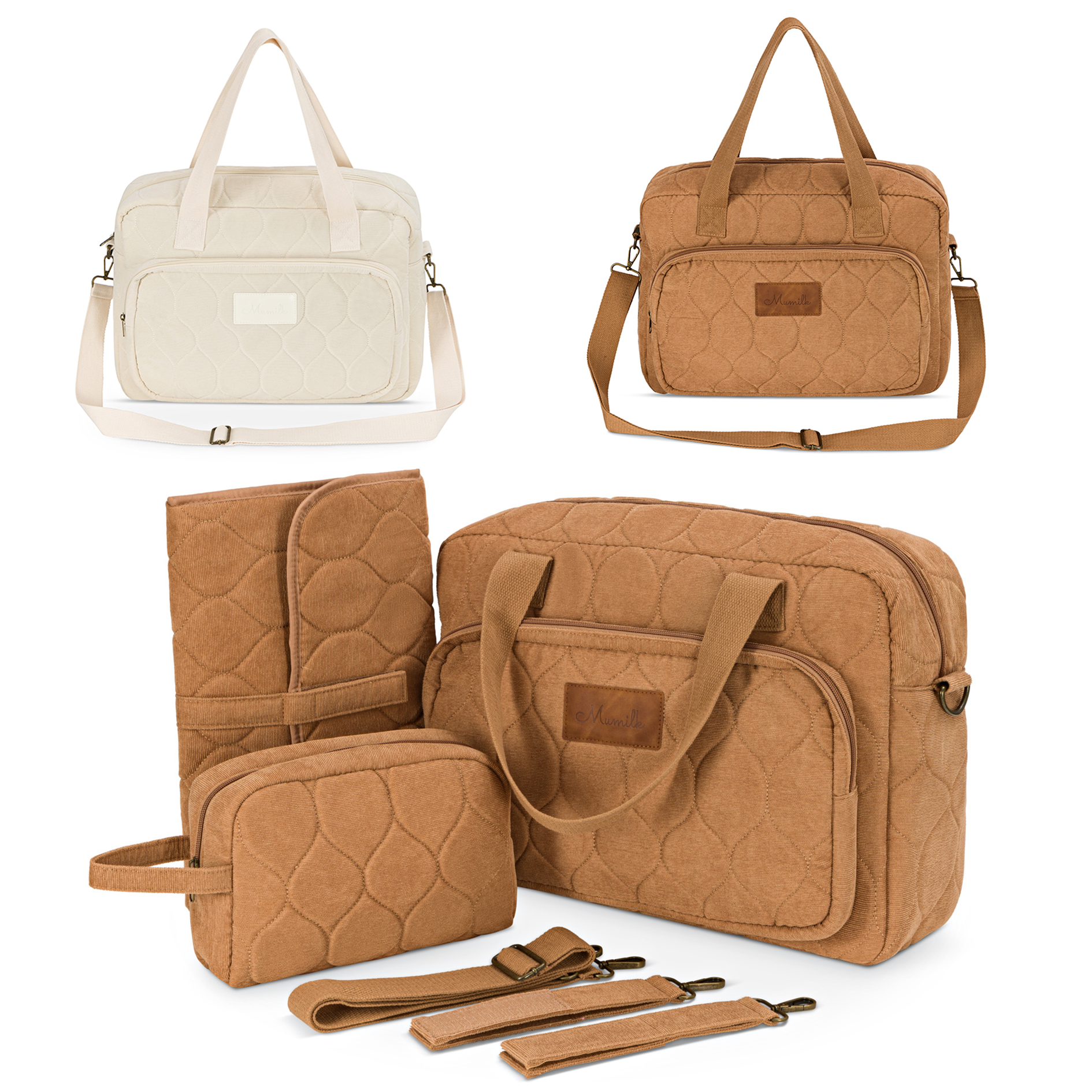

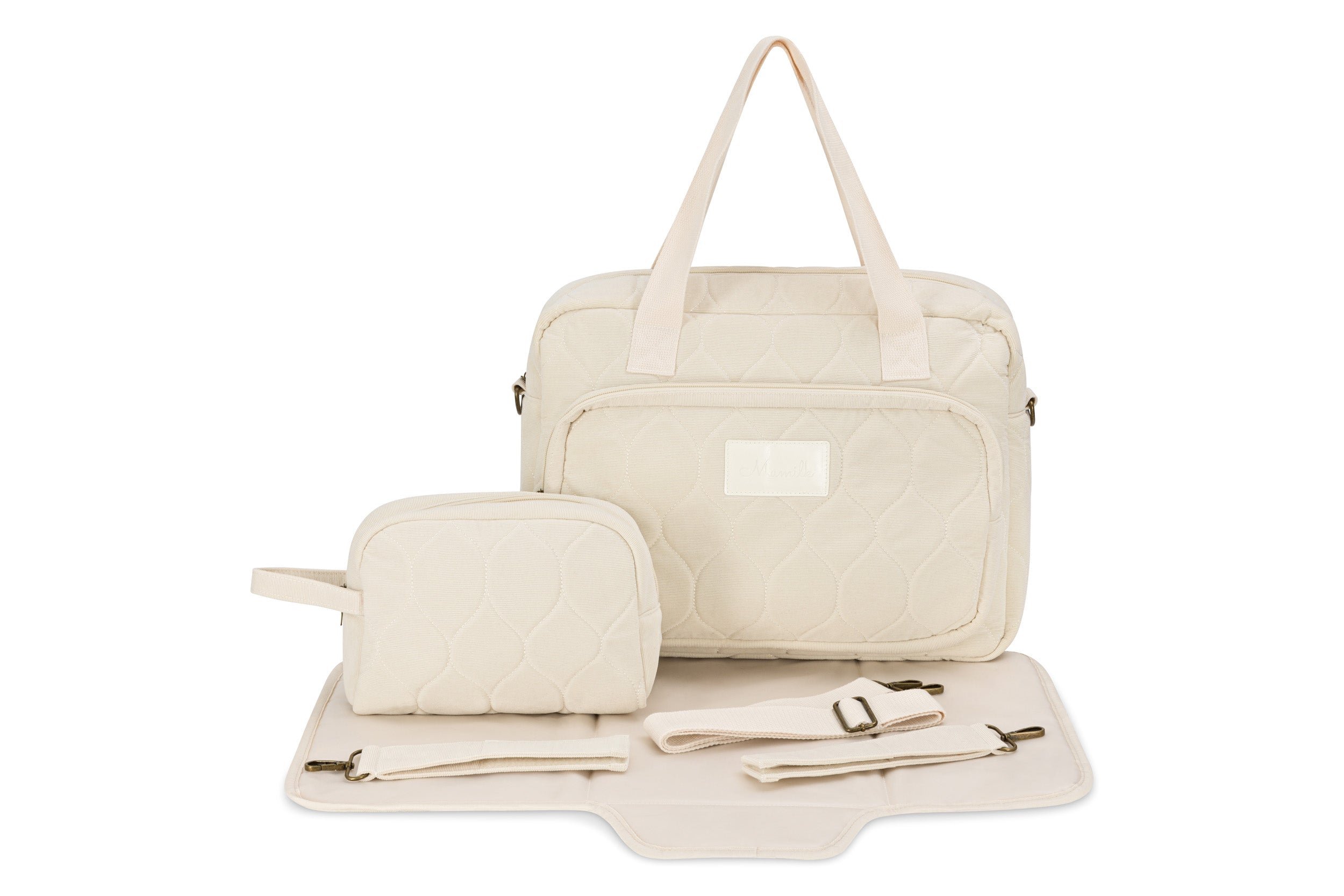

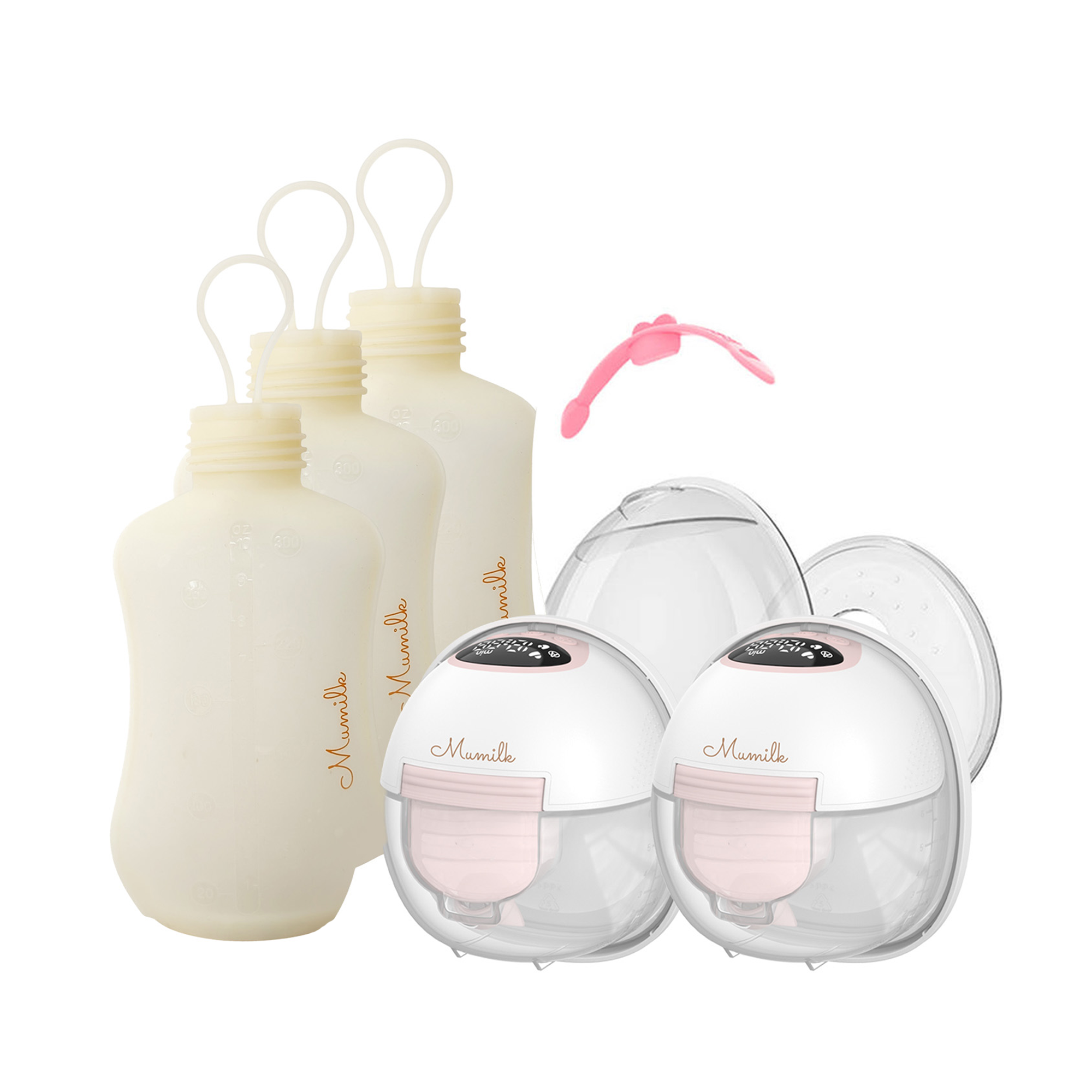
Share:
Can You Get Botox While Breastfeeding? (Is It Safe or Not?)
Can You Get Botox While Breastfeeding? (Is It Safe or Not?)